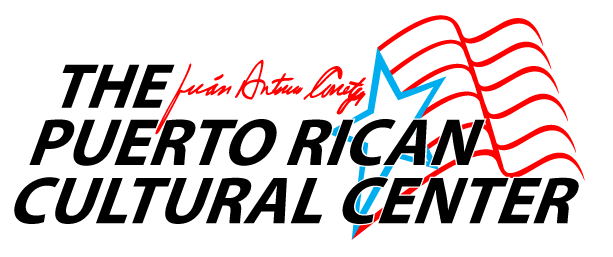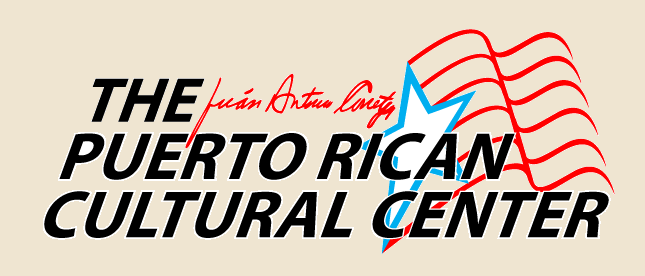Thirty years ago, perhaps even ten, five years ago, this kind of gathering would have been impossible. And if it had occurred, it would have likely been held in one of the traditional centers of the Puerto Rican diaspora—New York, Chicago, or Philadelphia. But today, we are in Central Florida—Orlando, to be exact. The Puerto Rican diaspora has grown and expanded; we are farther dispersed and new pathways of mobility have opened but many doors remain closed. We are gathered today because we are confronted with a crisis. Yet this crisis is not just an economic one. At stake today is the very fate of “los puertorriqueños,” no matter where they reside. Our cherished barrios—from Boston’s Villa Victoria to El Barrio and the South Bronx to Humboldt Park—continue to suffer the weight of systemically imposed poverty, underfunded schools, and raising housing costs due to gentrification. Our anchoring community organizations and grassroots initiatives are, in many places, fighting tooth and nail to survive. In Puerto Rico, as we know, the challenges are many, and they are great. Our ability to impact policymakers has grown, but we are far from where we need to be.
And yet, thanks to what history has taught us, we know that crises create opportunities. Crises force us to rethink, reimagine; they demand that we make new connections and proposals. We have assembled today to seize this moment and address—from a decidedly diasporic perspective of 5.2 million Boricuas—the economic, environmental, health, and civil and human rights problems affecting the Puerto Rican people. We mean to have a voice not only in the affairs of the Diaspora; we mean to have voice in Puerto Rico, as hermanos y hermanas, separated only by distance and not by identity. Today, I address you as a member of Chicago’s Puerto Rican community, as the executive director of the Juan Antonio Corretjer Puerto Rican Cultural Center, and the brother of Oscar López-Rivera, the longest held political prisoner in Puerto Rican history. I would like to urge us to approach this day with both short and long term interventions in mind. In the short term, we must demand that the U.S. federal government assume responsibility for Puerto Rico’s fiscal crisis. Many of the individuals in this room have advanced numerous ways that the U.S. federal government can provide immediate relief for the island. These include allowing Puerto Rico to file bankruptcy, repealing the Jones Act on shipping, facilitating negotiations over refinancing the debt, and the use of the Federal Reserve, as advocated by the Archbishop of Puerto Rico. Each of these strategies entails some degree of complexity, and certainly demand substantial political will. I am certain that our conversation today will explore these and other ways to pull Puerto Rico and our people out of the current economic situation. There are also short term ways to address the looming environmental crisis on the island, from the cleanup of Vieques and El Caño Martin Peña, as well as some ways to intervene in our health crisis. We must, among other issues, defend and expand the civil and voting rights of the Puerto Rican people. Among the human rights issues, I would like to note that President Obama could with the stroke of his pen free my brother Oscar. We have before us a short-term horizon between now and the next presidential inauguration to make a public and political case for his freedom. I hope I can count on your support.
While we discuss these and other short-term strategies, I would, however, urge us to keep in mind our long-term prospects. With the time I have remaining, I would like to highlight a few. Can we imagine the formation of a national Puerto Rican Political Action Committee, which can support Puerto Rican elected officials committed to improving the welfare of Puerto Ricans and other communities in need? Imagine how expanding our electoral representation could contribute to addressing the issues facing our people? Can you imagine the development of a national Puerto Rican voter registration project, where we not only register voters but also educate our community on the “Puerto Rican agenda” we build today and in future gatherings? Imagine the creation of a Puerto Rican caucus at each of the major partisan conventions, which could work to place the issues we identify on the table of the Republican and Democratic parties. Imagine, furthermore, the profound connections we could establish between our educational and cultural institutions? We could connect El Puente in New York to Chicago’s Pedro Albizu Campos High School? We could connect Taller Puertorriqueño in Philadelphia to cultural programing in Orlando and to the National Museum of Puerto Rican Arts and Culture in Chicago and the many cultural institutions in New York City. Imagine how such connections could affirm the Puerto Rican identity, culture, and educational opportunities throughout the Diaspora. Building on the foundation of El Centro de Estudios Puertorriqueños, imagine the formation of a network of Puerto Rican think tanks? Imagine if we could harness the institutional and community-based anchor points and scholarly foundations built by several generations of Boricua intellectuals to produce and circulate critical analyses relevant to our realities and aspirations.
Imagine, following this, the creation of a national newspaper or communication hub for the Puerto Rican diaspora, which could give us a forum to communicate developments in our respective cities and states. Imagine us integrating the Puerto Rican diaspora within Puerto Rico. We can follow the models of several Latin American countries, which have actually made space in their congresses for their Diasporic constituencies. How might we, in the long-term, create more spaces of encounter and relationship building between our organizations and those on the island? How might our efforts in economic development, community-building, and cultural and intellectual production intersect with parallel efforts on the island?
Even more broadly, and ambitiously, how can we reimagine our position as Puerto Ricans in this new century. In my view, this gathering today is a historic achievement; one which I hope can set into motion new possibilities to address historical problems and chart a more equitable, inclusive, and ethical route. The national poet of Puerto Rico, Juan Antonio Corretjer once wrote, many years ago, about a “futuro sin falla.” That is precisely the kind of future we must build. And I believe that building such a future has hemispheric, if not global, implications. We have an opportunity—as diasporic Puerto Ricans, Latinos, and Caribeños—to help realize Simón Bolivar’s dream, a dream that extends across Nuestra America, as the great Cuban revolutionary, José Martí once described it. May today be the beginnings of something much, much greater than we can imagine.






